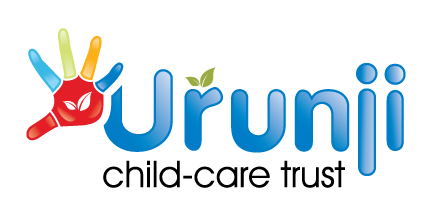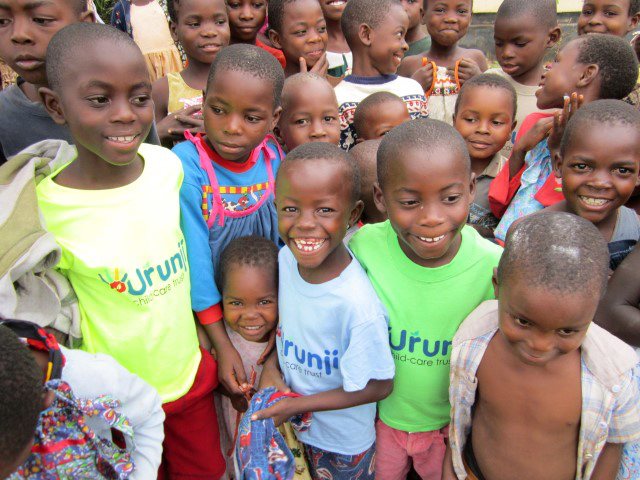The world we live in revolves around technology. Hard copies are still important but we are in the age where most of our books, files and even photos have become digital de facto.
Although the digital skills (I presume) should be mastered by everyone regardless of their age, they should be accessed at an early stage. Technology skills should be taught and made accessible at the earliest age possible.
The world feels like one small diverse village as big as it is – thanks to technology that has enabled the interlinking of all communities across the globe. It is a blissful revolution that should not be allowed to leave even a few behind. Be it in education, business, politics and even social services and structures including media, digitalization is now in part, the spine of our day to day living.
Most people, even teenagers and younger children are able to use a smart phone and a personal computer in third world nations like ours. However, that is not a thing to be happy about as yet. There is need for us to better understand these technologies than just accessing the web, downloading applications and games and enjoying them. We should be able to go beyond that at an earlier age by among others learning to code, developing apps that raise awareness about sustainable development and healthy living among others. Technological literacy should be considered part of our linguistics.
During my first days at university, I met a friend who had not used any other form of a digital device other than a cellphone. This friend of mine was supposed to be accessing notes, researching, typing assignments and doing submissions using a computer. It was a disaster. Worse still, the mindset that it was the hardest thing she could learn made it even harder for both of us as I tried to walk her through basic computer skills. By second semester she came back even better at typing faster than I am. I was really glad and I am so glad I met her because that experience was an eye opener. I got to realize how little I know and how much I have to know to make my computer skills better and my life more enjoyable with technology.
If I who grew up in a town and went to a better school have by now in my early twenties not earned enough of the technological skills that I need to feel like I know computers a bit, what about the kid in the rural areas what do they know? Do they even feel the need and emptiness for that knowledge? The answers are shame we should not swallow but accept and address now. This raises the need to break down technological barriers by making basic ICT accessible at early ages as children start primary education. Most importantly, the knowledge has to be imparted to children in rural areas.
About the Author

Patience Muchanza is a political science graduate of the University of Zimbabwe. She loves learning new languages, reading and writing. She is an aspiring coder and writer. Patience is now planning to pursue a master’s degree in international relations. Her goals include creating a blog, opening a school for disadvantaged children and providing technological skills for young girls.
Main Picture: Urunji Child-Care Trust has been teaching free basic ICT skills to girls from rural areas. Although the programme has been affected by the persistent power blackouts in Malawi, significant progress has been made.



